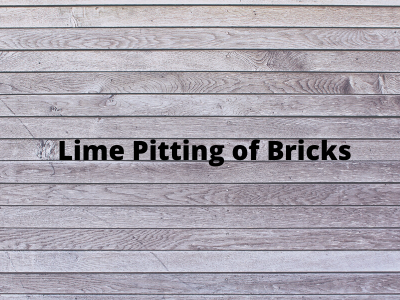Using the best quality brick in buildings is always desirable. It is, therefore, necessary to investigate the characteristics of good bricks. Good brick generally has the following properties:
For More Details: Civil engineering

- The color, size, and shape of the bricks should be standardized. The regular brick scale should be maintained.
- They should be compact and sound.
- They should be clear from holes and other defects and flat or square tops, such as air bubbles, rock nodules, etc.
- When immersed in water for 24 hours (15% to 20% of dry weight), bricks should not consume more than 1⁄5 of their own weight of water.
- The compressive strength of the bricks should be between 2000 and 5000 psi (15 to 35 MPa).
- Salt assault hinders the brick’s resilience. Efflorescence is also caused by the accumulation of excess soluble salts in concrete. In bulk tiles, the number of soluble salts (calcium, magnesium, sodium, and potassium sulphates) should not reach 2.5%.
- Brick, if wetted, should not adjust the pressure.
- It should not be overburned or underburned.
- The weight of each brick must usually be 6 lbs. And the weight of the unit should be below 125 lbs. With a cubic ft.
- Bricks should have low thermal conductivity as it is desirable that the building constructed with them should be cool in summer and warm in winter.
- Bricks will prove to be solid.
- Bricks should be incombustible and non-inflammable.
- Bricks should be clear of the pitting of acid. Read More






